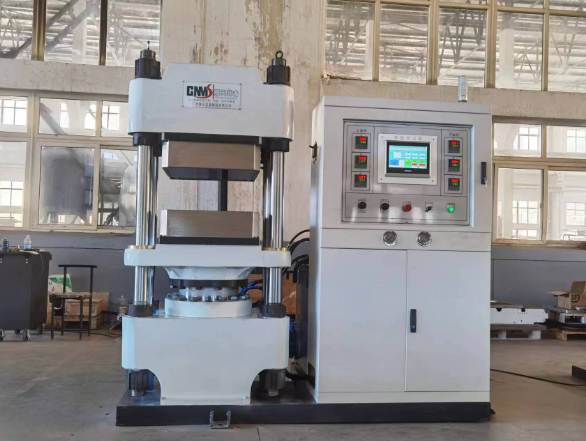The manufacturing industry is under increasing pressure to adopt eco-friendly practices, and the hot press machine is playing a pivotal role in this transformation. Hot pressing technology, traditionally associated with precise material bonding and finishing, is now at the forefront of sustainable manufacturing innovations. From minimizing waste to utilizing energy-efficient techniques, this equipment is redefining how we approach green manufacturing. Let's explore how hot pressing machine manufacturers are contributing to a more sustainable future.
Table of contents:
Utilizing Eco-Friendly Materials in Hot Pressing Processes
Reducing Waste Through Precision Hot Pressing Techniques
Energy Conservation Strategies in Hot Press Machine Operations
Certifications and Standards for Sustainable Hot Pressing Manufacturing
Utilizing Eco-Friendly Materials in Hot Pressing Processes
One of the simplest ways to make manufacturing sustainable is by selecting eco-friendly materials. Hot pressing machines enable manufacturers to use recycled and biodegradable materials without compromising product integrity. Advanced machines can accommodate various material types, including reclaimed composites and bio-based resins, ensuring high-quality results. This flexibility supports industries striving to reduce their environmental impact. By sourcing eco-conscious materials, manufacturers not only align with sustainability goals but also meet growing consumer demand for environmentally responsible products.
Reducing Waste Through Precision Hot Pressing Techniques
Minimizing waste is a core tenet of sustainability, and precision hot pressing techniques are making this easier. Modern hot pressing machines are engineered for exact temperature and pressure control, ensuring accurate bonding and reducing errors during production. Fewer errors mean less material waste, ultimately conserving resources. Additionally, many hot pressing systems are designed with automated features that optimize material use, further eliminating unnecessary waste. These advancements highlight how hot pressing machines are helping manufacturers achieve near-zero waste production lines.
Energy Conservation Strategies in Hot Press Machine Operations
Energy efficiency is an essential component of sustainable manufacturing. Many contemporary hot pressing machines are built with components that conserve energy during operation. Features like automated heating controls, optimized thermal insulation, and energy recovery systems allow manufacturers to reduce energy consumption significantly. For instance, some machines can utilize residual energy to preheat subsequent cycles, lowering overall operational demands. Implementing these strategies not only reduces carbon emissions but also contributes to cost savings—solidifying the role of hot pressing machines in promoting green manufacturing.
Certifications and Standards for Sustainable Hot Pressing Manufacturing
Hot pressing machine manufacturers are also aligning their technologies with global sustainability standards and certifications. Certifications such as ISO 14001 encourage environmentally conscious practices, and many manufacturers are adhering to these benchmarks to validate their commitment to sustainability. Additionally, some advanced systems come equipped with monitoring tools to track energy usage, material efficiency, and emissions, making it easier for companies to meet green manufacturing guidelines. By adopting certified hot pressing systems, manufacturers not only demonstrate environmental responsibility but also enhance their market reputation.
The hot press machine is proving to be much more than an industrial tool—it’s a driver of sustainable innovation. By leveraging eco-friendly materials, reducing waste, conserving energy, and meeting stringent sustainability standards, these machines empower businesses to achieve their green manufacturing goals. Hot pressing machine manufacturers are leading the charge toward a more eco-conscious industrial future, making sustainable practices more accessible and impactful. For more insights into sustainable manufacturing technologies or to explore advanced hot pressing systems, reach out to industry experts today.

Comments
Post a Comment